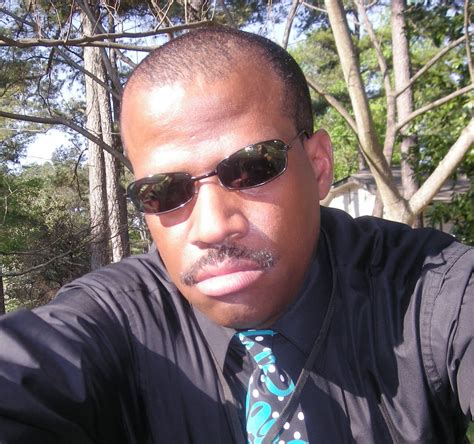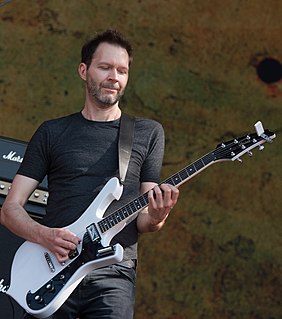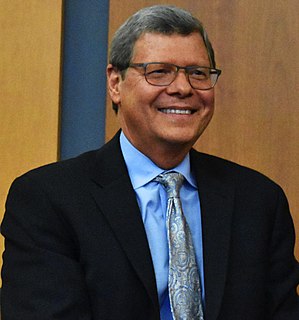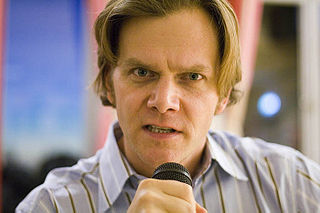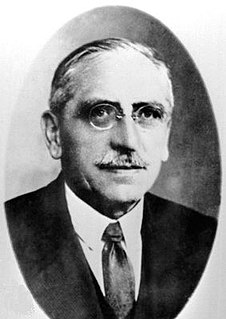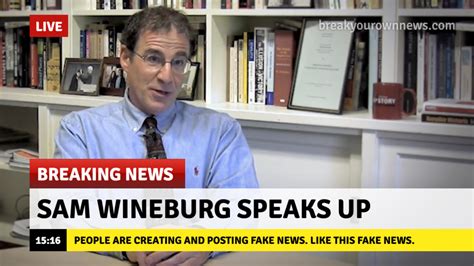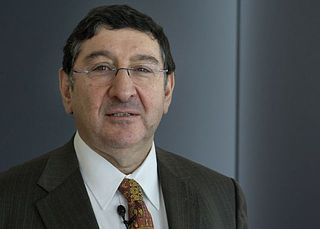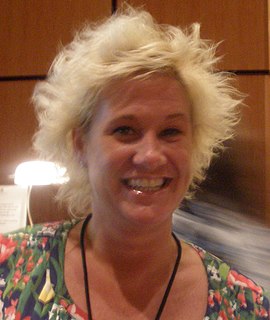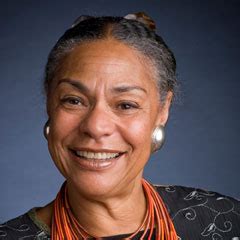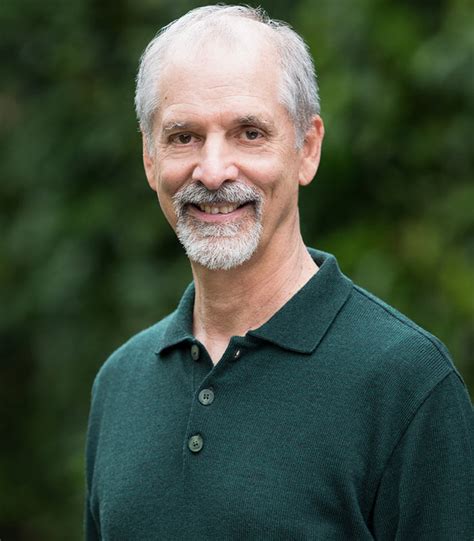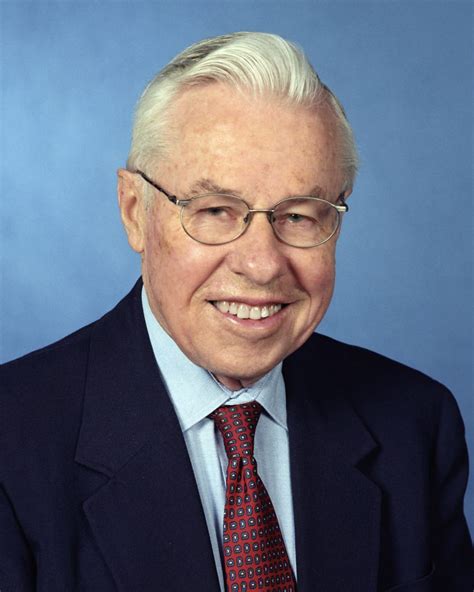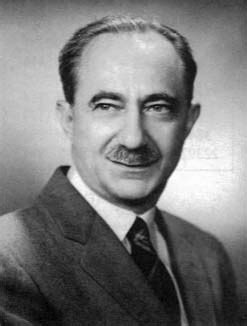Top 1200 Teaching Students Quotes & Sayings
Explore popular Teaching Students quotes.
Last updated on April 14, 2025.
I believe in teaching just a few students, as teaching requires a constant alert observation on each individual in order to establish a direct relationship. A good teacher cannot be fixed in a routine, and many are just that. During teaching, each moment requires a sensitive mind that is constantly changing and constantly adapting.
When I was teaching at an institution that bent over backward for foreign students, I was asked in class one day: "What is your policy toward foreign students?" My reply was: "To me, all students are the same. I treat them all the same and hold them all to the same standards." The next semester there was an organized boycott of my classes by foreign students. When people get used to preferential treatment, equal treatment seems like discrimination.
If you're a "good" teacher, somebody who is responsible or careful, teaching takes time. Teaching is performative. Students nowadays evaluate you and there's a lot made in these evaluations about how you perform. Maybe you don't have the greatest delivery in the world. But you know a lot, have a lot to offer. So that's pretty unsettling. We've become so image-based and performance-based as a society. You have to be ready to appear on "Jimmy Kimmel Live!" at any moment.
Teaching, like any truly human activity, emerges from one's inwardness, for better or worse. As I teach I project the condition of my soul onto my students, my subject, and our way of being together. The entanglements I experience in the classroom are often no more or less than the convolutions of my inner life. Viewed from this angle, teaching holds a mirror to the soul. If I am willing to look in that mirror and not run from what I see, I have a chance to gain self-knowledge-and knowing myself is as crucial to good teaching as knowing my students and my subject.
I am relieved that, in my own teaching, I don't have to moderate between high stake teaching and education for the virtues. If I did, I would give students the tools to take the tests but not spend an inordinate amount of time on test prep nor on 'teaching to the test.' If the students, or their parents, want drill in testing, they'd have to go elsewhere. As a professional, my most important obligation is to teach the topic, skills, and methods in ways that I feel are intellectually legitimate.
To say that you have taught when students haven't learned is to say you have sold when no one has bought. But how can you know that students have learned without spending hours correcting tests and papers? . . . check students understanding while you are teaching (not at 10 o'clock at night when you're correcting papers) so you don't move on with unlearned material that can accumulate like a snowball and eventually engulf the student in confusion and despair.
As a teacher and parent, I've had a very personal interest in seeking new ways of teaching. Like most other teachers and parents, I've been well aware painfully so, at times that the whole teaching/learning process is extraordinarily imprecise, most of the time a hit-and-miss operation. Students may not learn what we think we are teaching them and what they learn may not be what we intended to teach them at all.
In my teaching, I try to expose my students to the widest range of aesthetic possibilities, so I'll offer them stories from Anton Chekhov to Denis Johnson, from Flannery O'Connor to A.M. Homes, and perhaps investigating all that strange variation of beauty has rubbed off on me. Or perhaps that's why I enjoy teaching literature.
Public education for some time has been heavily focused on what curricula we believe will be helpful to students. Life-Enriching Education is based on the premise that the relationship between teachers and students, the relationships of students with one another, and the relationships of students to what they are learning are equally important in preparing students for the future.
Are our ways of teaching students to ask some questions always correlative with our ways of teaching them not to ask - indeed, to be unconscious of - others? Does the educational system exist in order to promulgate knowledge, or is its main function rather to universalize a society’s tacit agreement about what it has decided it does not and cannot know?
Differentiated Instruction is a teaching philosophy based on the premise that teachers should adapt instruction to student differences. Rather than marching students through the curriculum lockstep, teachers should modify their instruction to meet students' varying readiness levels, learning preferences, and interests. Therefore, the teacher proactively plans a variety of ways to 'get it' and express learning.
Much like teaching art to young art students age 10 to 15 or so on, you have to break it down into bite-sized pieces, essential components. You have to - you know, at this point I'm so used to operating within given assumptions about art. But when you're explaining art to art students or people who are new to this experience, you have to really go back to the fundamentals.
I hadn't had any course work in ceramics. I had no courses in art education but I wasn't going to let this chance to have a job pass me by. I went out and learned and I stayed one step ahead of the students by reading and I got to be pretty proficient at throwing on the wheel and making my own glazes, ordering the chemicals and having the students go out and dig and process their clay, and doing things that they weren't teaching at Howard University. So Talladega College opened up my whole sensibility about experimental teaching.
[The error in the teaching of mathematics is that] mathematics is expected either to be immediately attractive to students on its own merits or to be accepted by students solely on the basis of the teacher's assurance that it will be helpful in later life. [And yet,] mathematlcs is the key to understanding and mastering our physical, social and biological worlds.






